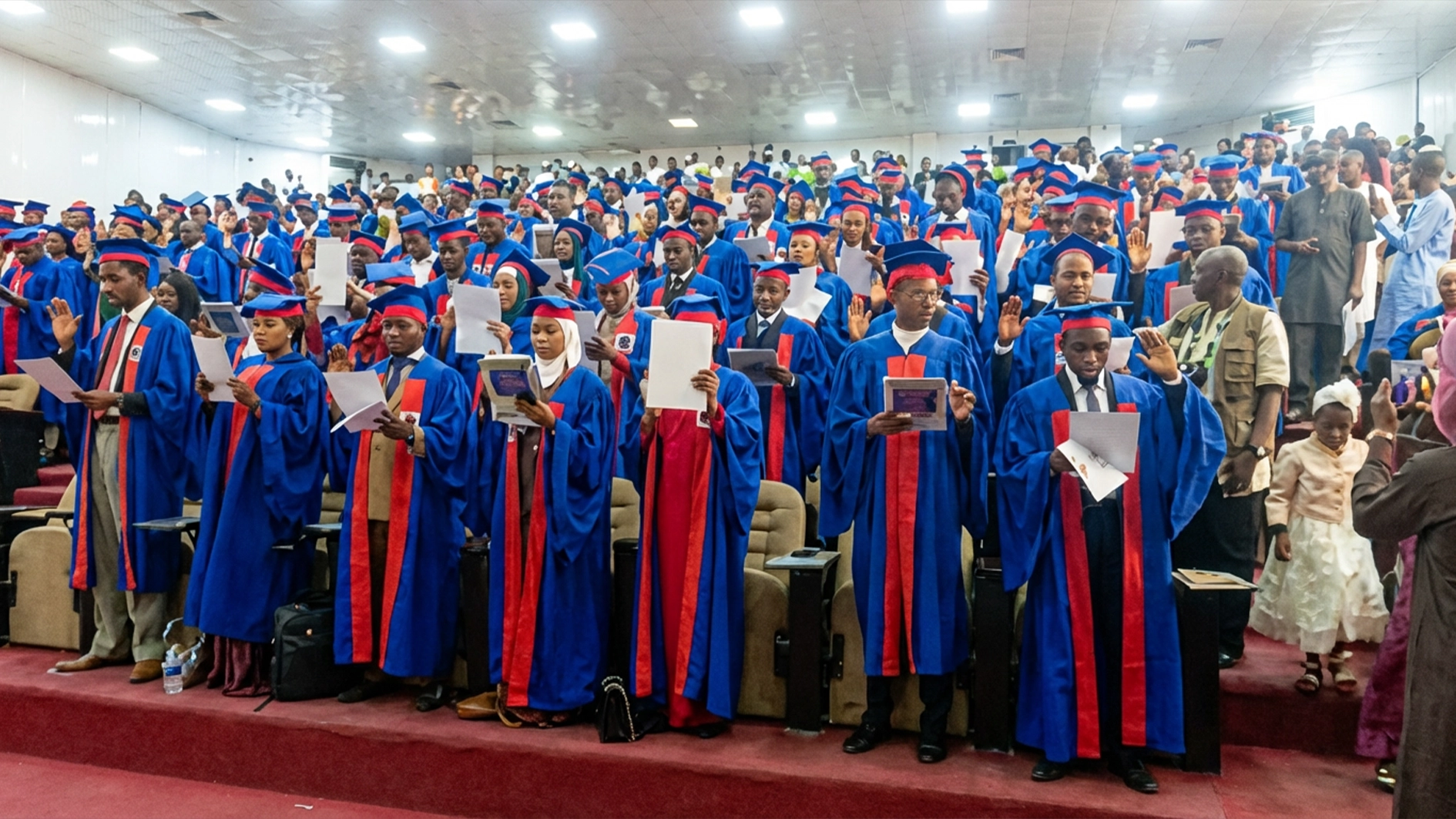Amid a deepening crisis in the health sector, especially the brain drain syndrome, stakeholders have called for urgent reforms and strategic diaspora engagement to salvage Nigeria’s struggling healthcare system.
The calls came during the 2025 National Health Summit, a high-level virtual forum convened by the Nigerian Association of Resident Doctors (NARD) in collaboration with the Resourceful Youth Network Initiative.
The summit, themed “The JAPA Syndrome — Brain Gain or Brain Drain? Navigating the Future of Nigeria’s Health Sector,” served as a rallying point for medical professionals across Nigeria and the diaspora to explore practical solutions to the country’s escalating loss of healthcare talent.
The event brought together medical experts, government officials, and academics to examine both the systemic failures and emotional pressures fueling the mass migration of doctors.
President of the Nigerian Medical Association (NMA), Prof. Bala Audu, described the situation as a ticking time bomb, warning that Nigeria’s health sector is fast losing its core strength as experienced doctors continue to leave.
Former NMA President, Dr Osahon Enabulele, echoed the concern, stressing that poor remuneration and inflation had made it nearly impossible to retain healthcare workers. Without urgent and meaningful reforms, he cautioned, the system could face collapse.
Speaking from the perspective of medical education, Registrar of the National Postgraduate Medical College of Nigeria, Prof. Temitope Esan, revealed that while more than 8,000 doctors are currently undergoing residency training, only a small percentage are taking examinations.
He called for structural changes within the medical education system, including the introduction of post-part one certifications and improved residency conditions to increase motivation and reduce dropout rates.
Beyond the statistics, the summit also explored the emotional and social toll of migration. President of Nigerian Doctors in the UK, Dr Onyekunle Oke, reflected on the psychological strain many doctors face when uprooting their lives. He advocated reforms that would create more supportive and rewarding work environments in Nigeria.
Similarly, Saudi-based urologist, Dr Babagana Abubakar, highlighted the barriers diaspora doctors face in sustaining academic collaborations with Nigerian institutions, often due to inadequate funding. He urged a more strategic approach to diaspora engagement for sustainable development.
To solve the problem, Audu emphasised the need for legislation, investments in infrastructure to transform the healthcare system and reduce the country’s dependence on medical tourism.
Enabulele proposed the creation of a dedicated Health Service Commission to drive workforce development and improve career progression.
Participants also called on the Federal Ministry of Health to digitise hospital operations and extend telemedicine services across all 84 federal tertiary hospitals to tap into diaspora expertise. They also sought the upgrading of hospital facilities and improved security in high-risk areas.
NMA advocated inflation-adjusted salary structures and proposed the drafting of a Diaspora Healthcare Engagement Act to streamline international medical collaborations.
The participants also called for the establishment of a Sovereign National Health Fund to strengthen both public and private healthcare institutions, while the National Postgraduate Medical College was encouraged to build closer ties with diaspora professionals through mentorship and joint training programmes.
NARD pledged to collaborate with international medical networks to support emergency response training and create new pathways for specialist development among resident doctors.






